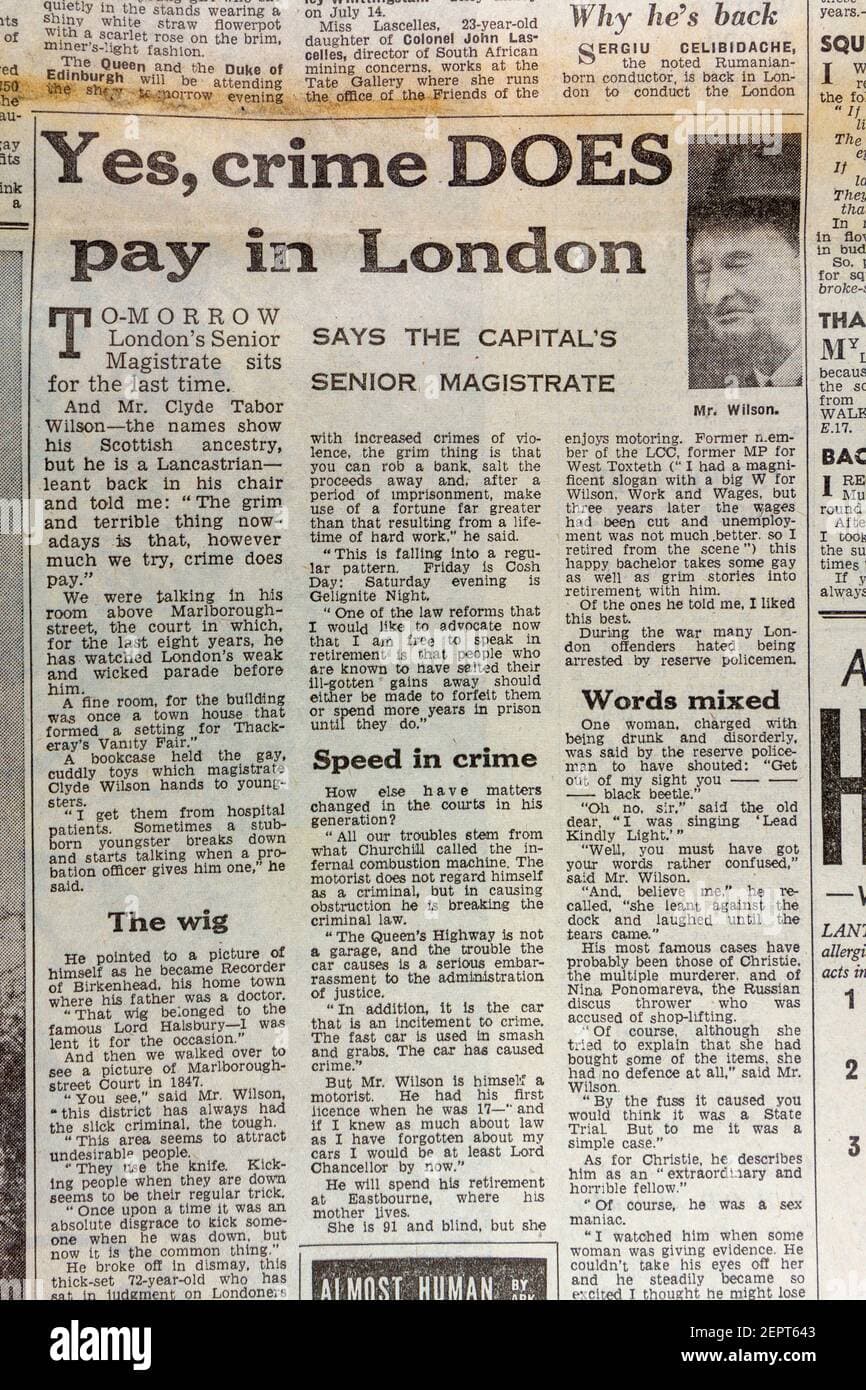Congress Sends Bill Releasing Epstein Files to President Trump
Congress approved legislation ordering the public release of files related to Jeffrey Epstein, a move that places unprecedented pressure on the executive branch and could reshape public access to records tied to high profile investigations. The bill now awaits President Trump, whose signature or veto will determine whether survivors and the broader public receive long sought transparency.
Congress approved legislation on November 19 directing the release of records connected to Jeffrey Epstein, moving a contentious debate over secrecy, victim rights and executive control of sensitive materials to the White House. The measure now awaits action by President Trump, who can sign the bill into law or veto it, setting the stage for a political and legal showdown over access to documents tied to one of the most scrutinized criminal networks in recent memory.
Supporters of the release framed the legislation as an accountability tool that responds to decades of secrecy surrounding Epstein and his associates. Survivors advocacy groups have long argued that public access to court filings, investigative records and related documents is necessary to understand systemic failures that allowed Epstein to evade full justice for years. Lawmakers backing the measure argued that transparency will help restore public confidence in institutions charged with protecting victims and enforcing the law.
Opponents raised concerns about privacy, potential harm to third parties and the possibility that some material could jeopardize active investigations or ongoing prosecutions. Legal experts caution that many records are likely to be redacted for privacy and investigative integrity, and that portions could be withheld under established statutory exemptions. The bill does not eliminate all legal protections, but it directs agencies and courts to release a substantial body of material subject to applicable redaction rules.
The legislative move represents an assertion of congressional authority over records that have often been controlled by prosecutors and the executive branch. For Capitol Hill, the vote signals bipartisan appetite in some quarters to confront long standing questions about prosecutorial discretion, non prosecution agreements and how institutions interact with powerful individuals. The measure also underscores a broader policy debate about how to balance transparency with privacy and national security interests.
If President Trump signs the bill, federal agencies will face a complex implementation period. Agencies will need to review voluminous files, apply redactions, and coordinate with the Justice Department and courts to determine which documents can be released and when. That process could involve additional litigation from parties named in the files who argue that release would cause undue harm. If the president vetoes the bill, Congress could attempt an override, a move that would require a two thirds majority in both chambers and would further escalate the political stakes.
For survivors and members of the public the immediate consequence is the prospect of greater visibility into the conduct of investigators and institutions. For government, the decision will test institutional procedures for handling sensitive materials and the ability of Congress and the executive branch to reconcile competing claims of accountability and confidentiality. The president’s forthcoming choice will determine whether the documents become public record and how quickly that occurs, shaping the next phase of scrutiny into Epstein and those connected to his activities.

